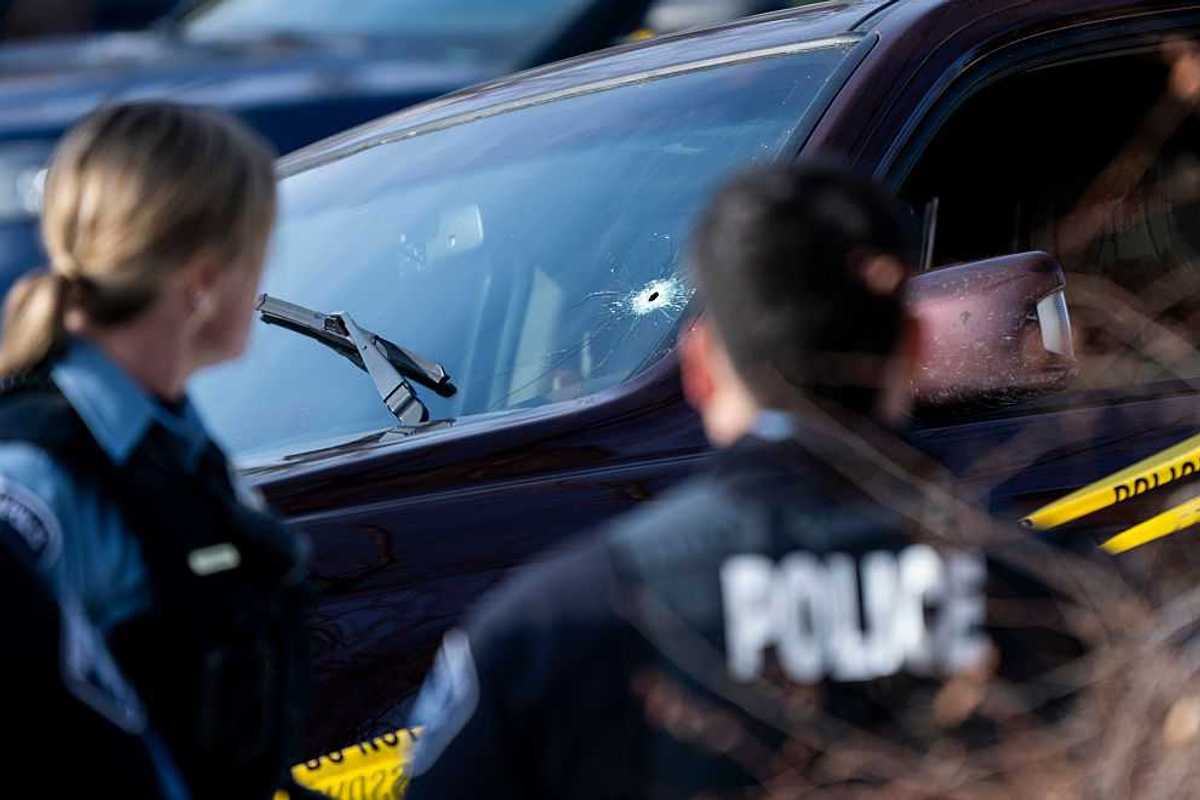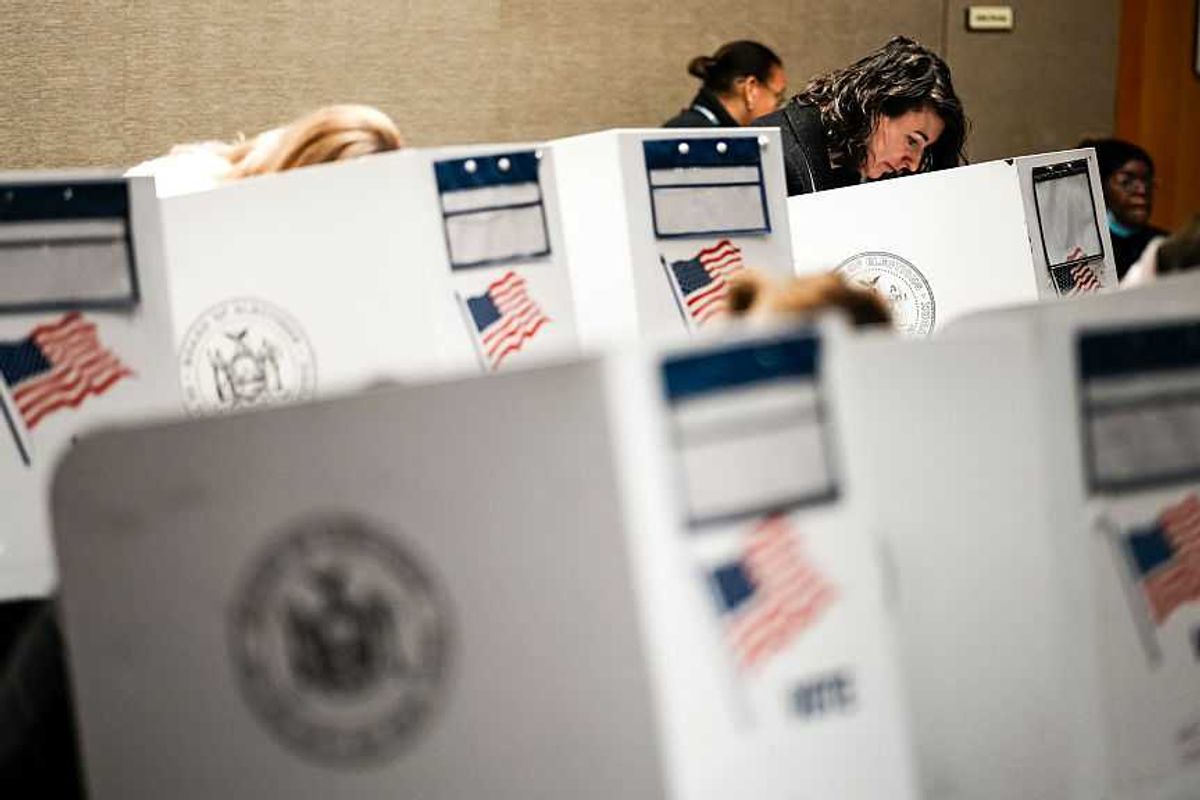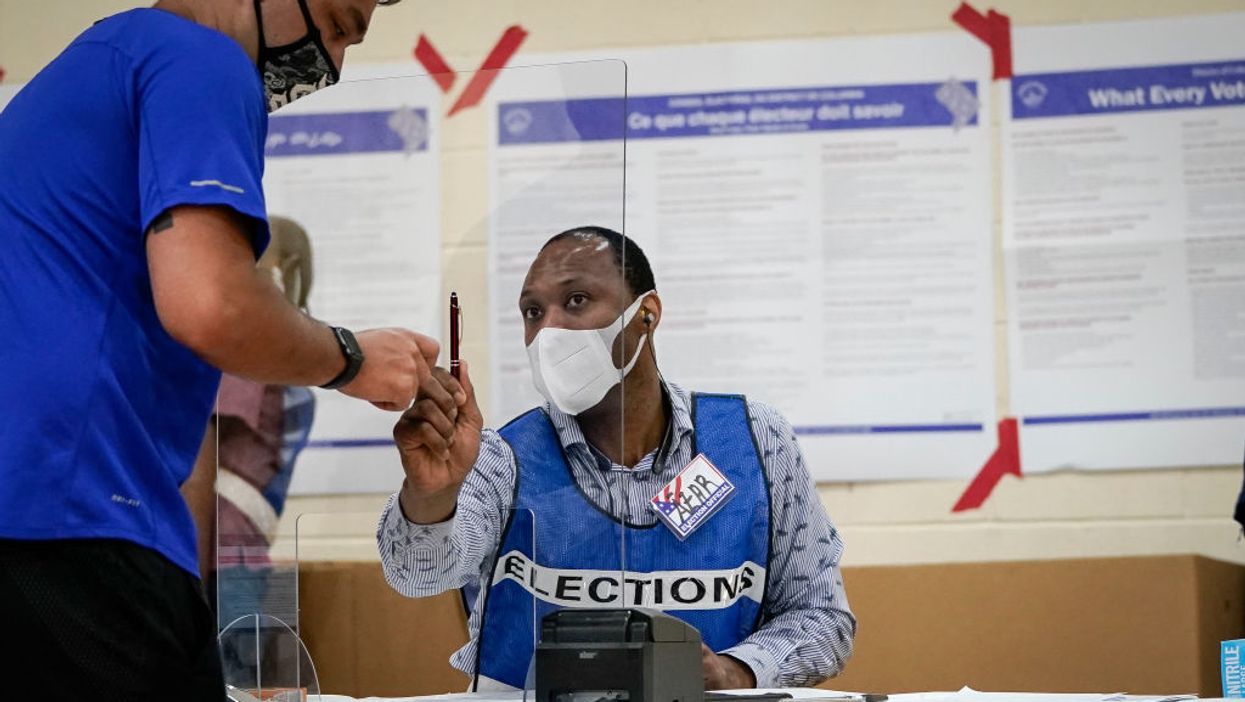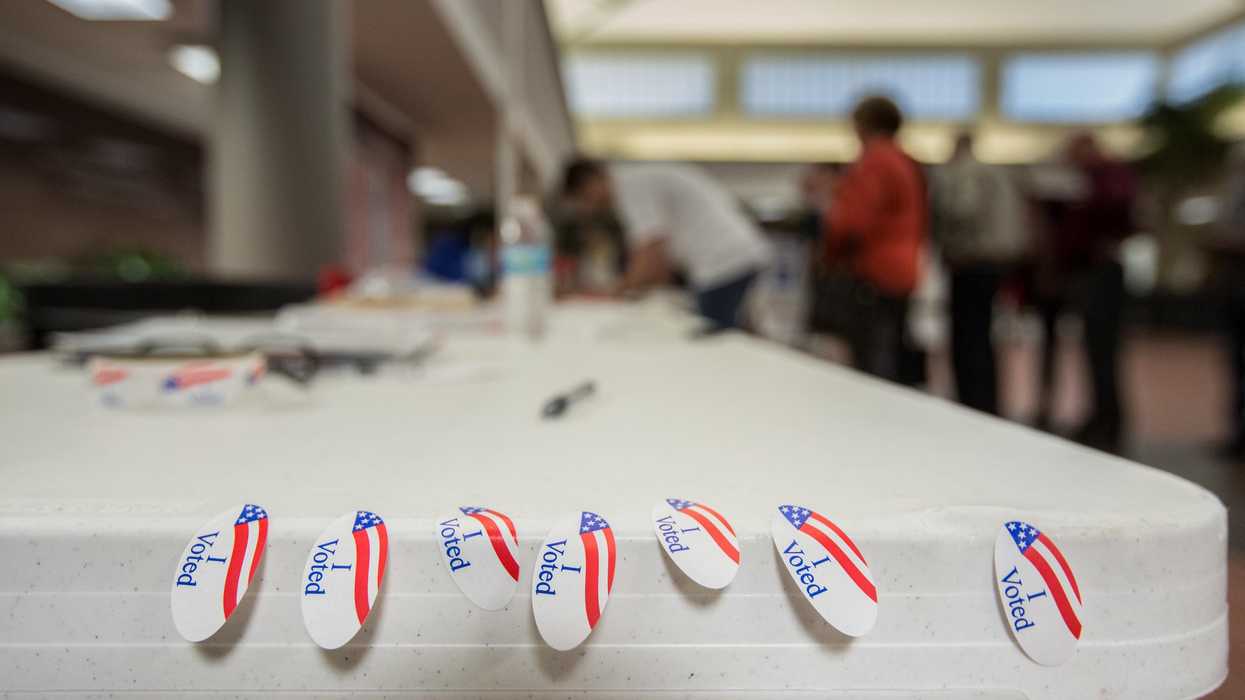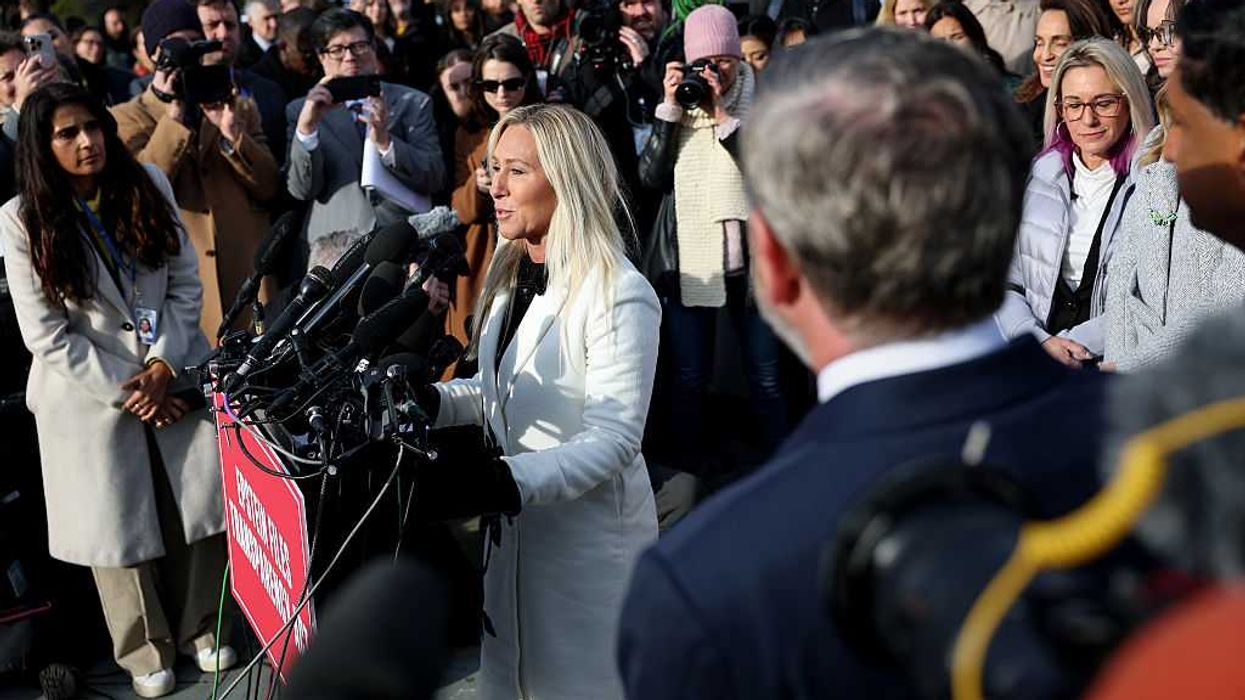Election officials have begun raising the alarm about the additional costs and pitfalls associated with a huge increase in the numbers of people voting by mail this fall.
Now the Brennan Center for Justice is offering guidelines for how to deal with the cybersecurity and technical challenges of putting on an election that is mainly by mail in the middle of the coronavirus pandemic.
The new report deals with every aspect of the election, from advance preparations all the way through reporting the results to the public.
It calls for making sure proper cybersecurity practices are in place to deal with the many election office employees and vendors who are working on computers from home. People connecting to the voter registration database from their home computers, for example, need to take extra care in order to avoid hacking.
The report, posted Friday, calls on election officials to plan now for how to respond to failures in voter registration systems, the systems for requesting and returning absentee ballots, and breakdowns of electronic poll books and voting machines at in-person voting sites.
Having a communication strategy in place to let the public know what is going on and when to expect election results is also critical, the report states.


